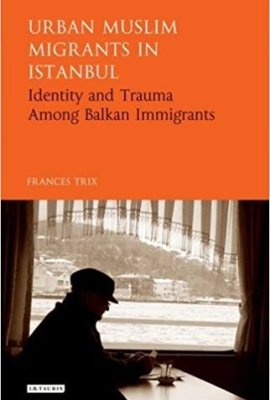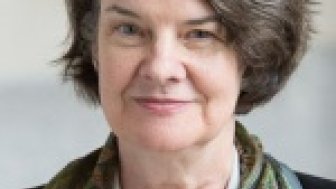Frances Trix
Former Fellow
Professional Affiliation
Professor of Linguistics and Anthropology, Indiana University, Bloomington
Expert Bio
A professor with expertise in the Balkans and Turkey, Dr. Frances Trix has been working in Turkey since the 1970s, and in Kosovo since the late 1980s. Fluent in Turkish, Albanian, and colloquial Arabic, Dr. Trix has specialized in Muslim communities: Muslim immigrant communities in North America, Muslims in Kosovo and Macedonia, and Balkan Muslim immigrants in Turkey. Frances lived in Kosovo when Milosevic came to power in 1987, worked with refugees after the 1998-1999 Kosovo War, and evaluated international and local organizations in the post-conflict UNMIK period. She also conducted ethnographic work in Albania when it first surfaced from communism in the early 1990s. More recently, she has studied minorities in Macedonia in 2009 and 2011. Her project at the Wilson Center is based on extensive ethnographic study of immigrant associations of Muslims forced out of the central Balkans in the mid-20th century. She is also an expert on Sufi Islam. In addition, Frances has lived and worked in Lebanon and Yemen.
Besides her work overseas, Dr. Trix has also conducted highly-praised research on language usage in multiple professional institutions. Her article analyzing gender differences in letters of recommendation for medical school faculty is used across the country. An article she wrote on a Senate hearing analyzes women’s responses to the Hill-Thomas Hearing. For NASA, she analyzed problem reports for the space shuttle program.
Frances has a Ph.D. in linguistics from the University of Michigan. She is currently professor of linguistics and anthropology at Indiana University, where she teaches courses on Islam in the Balkans, Sufism, language and gender, discourse analysis, and language in disasters.
Wilson Center Project
“Muslim Migration from the Balkans to Turkey: Islamic Civil Society and Regional Ramifications”
Insight & Analysis by Frances Trix
Filter
- Book
- Migration
Urban Muslim Migrants in Istanbul: Identity and Trauma Among Balkan Immigrants

- Article
- Conflict Resolution and Peacebuilding
Serbia and Kosovo: A European Success Story?


- Past event
- History
A Muslim Tale of Two Cities: ‘We Met the Trains’


